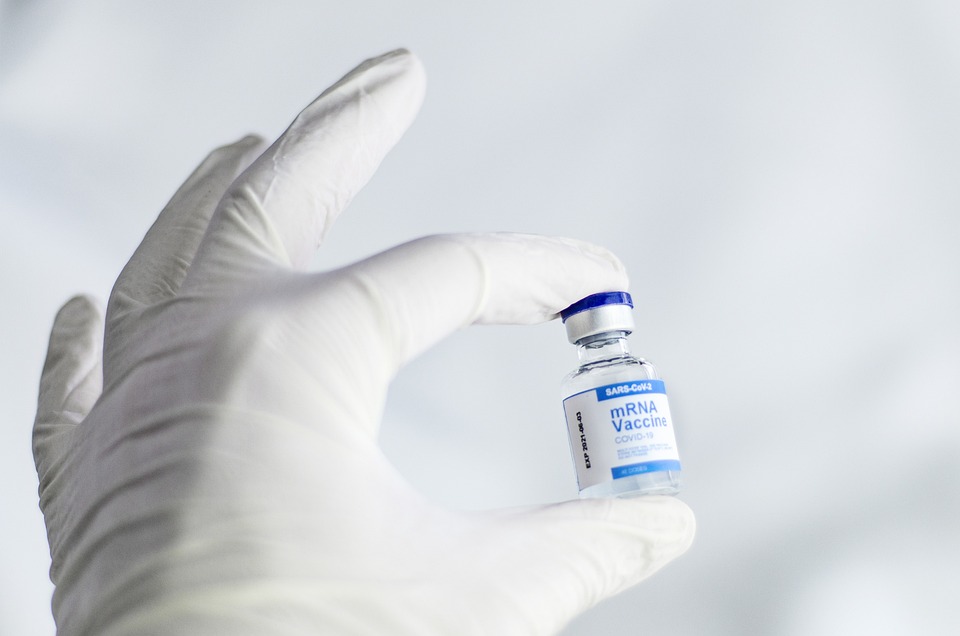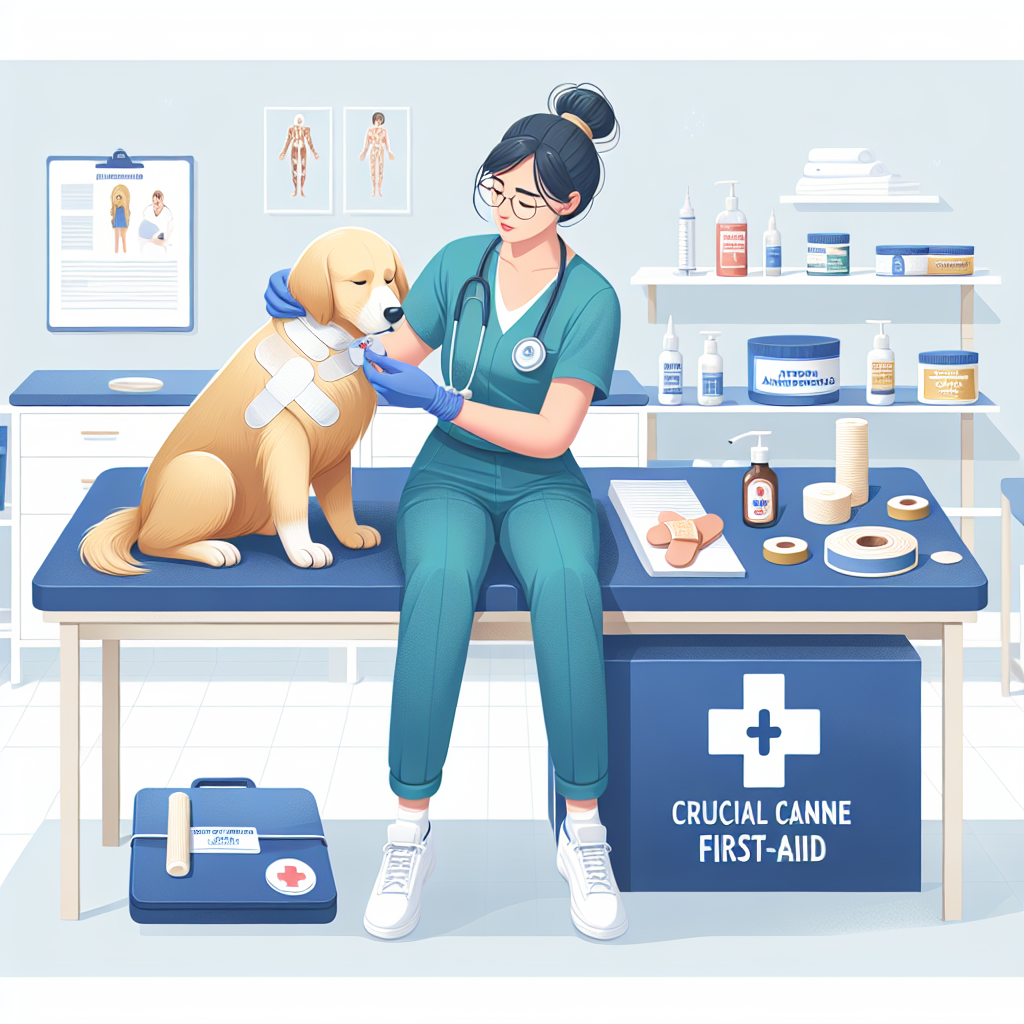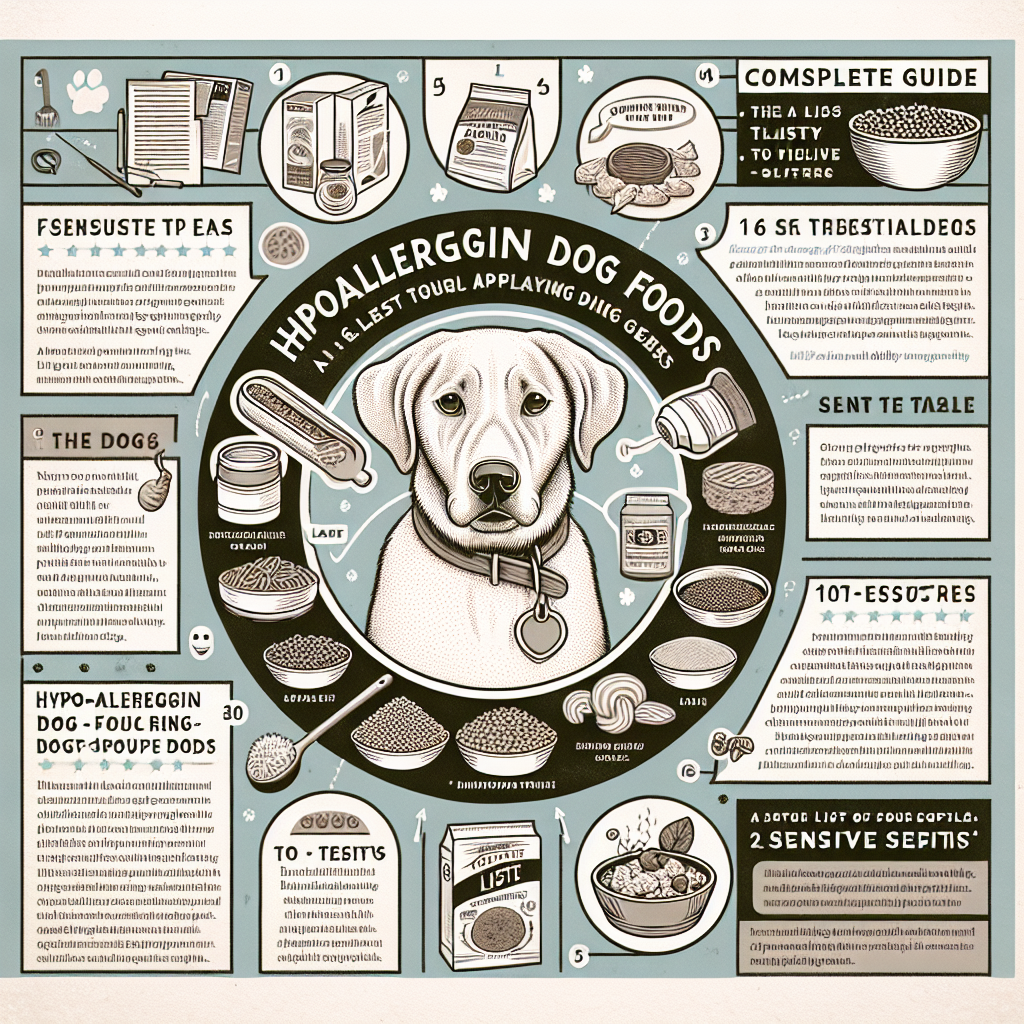
Our furry friends bring joy, companionship, and an abundance of love into our lives. As responsible pet owners, ensuring their health and well-being is paramount. One critical aspect of a dog’s health is vaccinations. Vaccinations protect dogs from a variety of life-threatening diseases. This comprehensive guide will delve deep into the world of dog vaccinations, providing you with the knowledge to protect your furry friend and ensure lifelong health.
Understanding Dog Vaccinations
What Are Vaccinations?
Vaccinations, or vaccines, are biological preparations that provide immunity to specific diseases. They contain antigens that mimic disease-causing organisms, stimulating the dog’s immune system to recognize and combat these invaders without causing the disease itself.
How Do Vaccinations Work?
When a vaccine is administered, it introduces a harmless form of the pathogen into the dog’s body. This exposure prompts the immune system to produce antibodies. If the dog encounters the actual disease later, their immune system recognizes it and mounts a defense more efficiently, either preventing the illness or mitigating its severity.
Why Are Vaccinations Important?
Vaccinations are essential for several reasons:
- Disease Prevention: Vaccinations protect dogs from dangerous and sometimes fatal diseases.
- Community Immunity: High vaccination rates help prevent disease outbreaks, protecting unvaccinated or immunocompromised dogs.
- Legal and Boarding Requirements: Many places require up-to-date vaccinations for licensing, boarding, or daycare.
Types of Dog Vaccinations
Vaccines for dogs can be categorized into core and non-core vaccines.
Core Vaccines
Core vaccines are essential for all dogs due to the severe nature and widespread prevalence of the diseases they prevent.
-
Rabies:
- Disease: Rabies is a viral disease that affects the central nervous system, leading to paralysis and death.
- Vaccination: Puppies typically receive their first rabies shot at 12-16 weeks, followed by regular boosters as mandated by local laws.
- Importance: It is a zoonotic disease (transmissible to humans) and legally required in many places.
-
Canine Distemper:
- Disease: Distemper is a contagious and serious viral illness with no known cure, affecting the respiratory, gastrointestinal, and nervous systems.
- Vaccination: Puppies receive a series of shots starting at 6-8 weeks, followed by booster shots.
- Importance: Highly contagious with a high mortality rate, particularly in puppies.
-
Canine Parvovirus:
- Disease: Parvovirus is a highly contagious virus causing severe gastrointestinal problems.
- Vaccination: Initial vaccinations start at 6-8 weeks, with boosters until 16-20 weeks of age, followed by periodic boosters.
- Importance: High mortality rate in untreated puppies and widespread in the environment.
- Canine Adenovirus (Hepatitis):
- Disease: This virus causes infectious canine hepatitis, impacting the liver, kidneys, eyes, and lining of blood vessels.
- Vaccination: Often combined with distemper and parvovirus vaccines.
- Importance: Can be deadly, especially in young dogs.
Non-Core Vaccines
Non-core vaccines are recommended based on the dog’s lifestyle, environment, and risk factors.
-
Bordetella Bronchiseptica (Kennel Cough):
- Disease: Causes respiratory infections, often in environments where dogs are in close contact.
- Vaccination: Recommended for dogs that frequent boarding facilities, dog parks, or groomers.
- Importance: Highly contagious but usually treatable.
-
Leptospirosis:
- Disease: A bacterial disease that can affect the liver and kidneys and is transmissible to humans.
- Vaccination: Recommended for dogs in areas where the disease is prevalent.
- Importance: Potentially deadly and zoonotic.
-
Lyme Disease:
- Disease: Transmitted through tick bites, leading to joint pain, kidney problems, and other health issues.
- Vaccination: Advised for dogs in tick-infested areas.
- Importance: Prevents a common tick-borne illness with serious complications.
- Canine Influenza:
- Disease: A flu-like illness causing respiratory symptoms.
- Vaccination: Beneficial for dogs in frequent contact with other dogs.
- Importance: Helps manage outbreaks in areas with known infections.
Puppy Vaccination Schedule
Ensuring puppies receive vaccinations at the right time is crucial for their development and protection.
Initial Puppy Shots
-
6-8 Weeks:
- Distemper, Parvovirus (DHP)
- Optional: Bordetella
-
10-12 Weeks:
- DHP Booster
- Optional: Adenovirus, Parainfluenza, Leptospirosis
- Optional: Lyme (in high-risk areas)
- 14-16 Weeks:
- DHP Booster
- Rabies
Booster Shots
- DHP: Every 3 years after the initial puppy series.
- Rabies: Every 1-3 years, depending on local laws and vaccine type.
- Non-Core Vaccines: Annually, based on risk assessment.
Adult Dog Vaccination Schedule
Adult dogs require regular booster shots to maintain immunity.
Core Vaccines
-
Rabies:
- Booster every 1-3 years, as required by law.
- DHP:
- Booster every 3 years.
Non-Core Vaccines
Administered based on lifestyle and environment:
- Bordetella: Annually or bi-annually.
- Leptospirosis: Annually.
- Lyme: Annually.
- Canine Influenza: Annually.
Special Considerations
Factors Influencing Vaccination Choices
- Age: Puppies need a series of vaccinations, while adults require boosters.
- Health Status: Immunocompromised or sick dogs might need a modified schedule.
- Geography: Some regions have higher risks for certain diseases.
- Lifestyle: Dogs that frequent parks, beaches, or boarding facilities may need more vaccinations.
Vaccine Reactions
While generally safe, some dogs might experience mild reactions:
- Common Reactions: Mild fever, lethargy, reduced appetite, minor swelling at injection site.
- Severe Reactions: Rare but include allergic reactions, facial swelling, difficulty breathing, severe lethargy. Immediate veterinary care is required.
Titers as an Alternative
Titers are blood tests that measure a dog’s immunity to specific diseases. They can determine if the dog still has immunity from previous vaccinations, potentially reducing the number of vaccinations needed.
Frequently Asked Questions About Dog Vaccinations
Are vaccines safe for dogs?
Vaccines are thoroughly tested for safety and efficacy. Side effects are rare and usually mild.
Can I vaccinate my dog myself?
Vaccinations should be administered by a veterinarian to ensure the correct vaccine and dosage, and to monitor for adverse reactions.
How do I handle vaccination appointments if my dog is anxious?
Talk to your vet about ways to minimize stress, such as using calming treats, pheromone sprays, or scheduling a ‘happy visit’ to the clinic to acclimate your dog.
What should I do if my dog misses a scheduled vaccine?
Consult your veterinarian. They may adjust the schedule to catch up, ensuring your pet remains protected.
Conclusion
Vaccinations are a cornerstone of preventive veterinary care, protecting dogs from a myriad of serious diseases. By understanding the types of vaccines, their schedules, and the importance of each, you can ensure that your furry friend enjoys a healthy, happy, and long life. Regular veterinary visits are crucial for updating vaccinations, assessing health, and catching any potential issues early. Always consult with your veterinarian to create a vaccination plan tailored to your dog’s specific needs and lifestyle. By doing so, you’ll play a vital role in safeguarding your pet’s health and wellbeing.
#ChatGPT assisted in the creation of this article.





